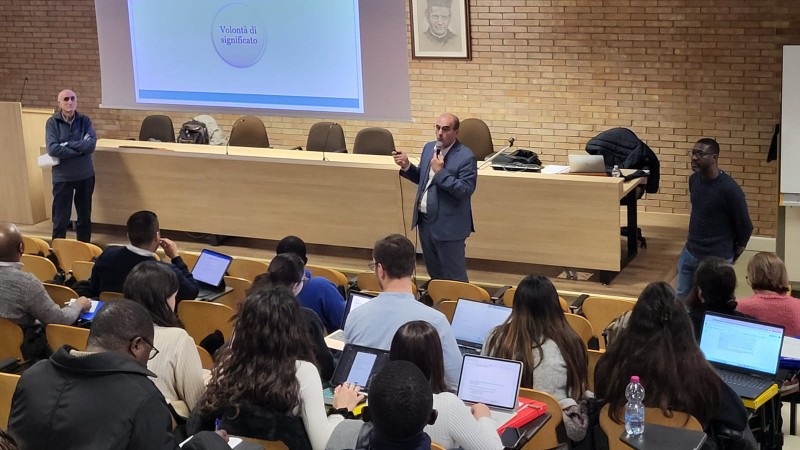
Empirical research plays a fundamental role in the university education of young people, as it provides the necessary scientific foundation to understand human behavior and mental processes. In particular, it is crucial within universities, especially in the field of psycho-educational sciences, as it allows knowledge to be developed based on concrete data, thus contributing to the advancement of the discipline and the training of competent professionals.
Empirical research in service of well-being
Universities, as centers of research and education, play an important role in generating new ideas, technologies, and theoretical models. Through empirical research, scholars can investigate current and relevant scientific questions, contributing to an ever-expanding and diversified knowledge base. The results of such research can deepen existing theoretical models and bring forth new paradigms for understanding human behavioral adaptation. Empirical research, therefore, serves as a tool to improve psychological well-being. Psychologists, pedagogists, educators, as well as mental health professionals, use findings from empirical studies to develop effective observation and analytical criteria based on real scientific methods. This enables the creation of prevention programs, fostering greater awareness and more impactful interventions to enhance people's psychological well-being.
What happens at the Pontifical Salesian University?
The Pontifical Salesian University has been at the forefront of this field, thanks to the contributions of professors and students engaged in research projects, developing professional skills suited to the new challenges that scientific research is called upon to address with operational and innovative solutions. Even today, this work continues alongside university centers that prioritize empirical research and quantitative studies. Notable collaborations include partnerships with KU Leuven (Belgium), research conducted with the University of Warwick (United Kingdom), cooperation with the Seminare journal in Warsaw (Poland), empirical investigations with Catholic clergy in the state of Tamil Nadu, India, and more recently, validation studies of psychometric tools for career guidance in collaboration with Roma Tre University. Additionally, the university actively participates in various national and international conferences, such as those of the American Psychological Association (APA), the Italian Association of Psychology (AIP), and the Italian Society for Career Guidance (SIO), where these research efforts are presented. These collaborations enrich undergraduate and doctoral programs, equipping students with critical and methodological skills, thus contributing to the future of research and innovation.
Research is built on teamwork
Intensive collaboration requires a multidisciplinary approach both within and beyond the university. Research groups composed of experts from different disciplines, alongside graduate and doctoral students from UPS, contribute their diverse expertise, fostering innovative developments and a more comprehensive understanding of studied phenomena. The goal is to encourage the ability to collaboratively generate new knowledge while cultivating a spirit of critical observation of reality within these research groups. This helps them formulate relevant questions related to scientific knowledge and professional identity. Such teamwork broadens knowledge while also providing formative benefits for those preparing to work in the psycho-educational field.
This is why research structured according to the quantitative method continues to play a fundamental role in the educational mission of the Salesian University, helping to prepare professionals ready to make a meaningful impact in their work.
Giuseppe CREA and Matthew Olusola AKINYEMI
Professors at the Pontifical Salesian University, Rome
